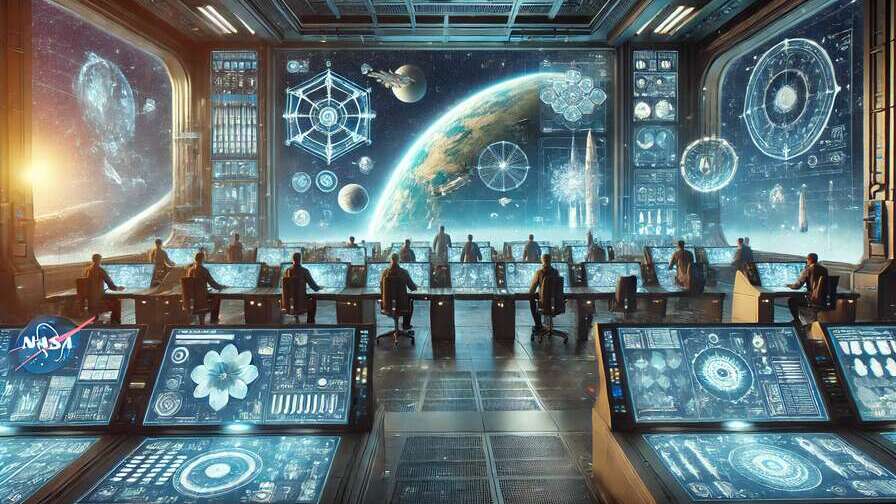Influence of Science Fiction
- by Adrian Blackwood
- Jun 27
- Literature & Culture

The Impact of Science Fiction, on Progress; An Analysis of its Influence on Society
Science fiction a genre known for delving into futures and innovative technologies has significantly shaped society especially in terms of technological advancements. Over the decades various science fiction books and films have not just. Also sparked progress. This piece delves into how science fiction has affected society by highlighting developments that mirror known works in the genre.
The Role of Science Fiction in Inspiring Technology
Science fiction provides a source for imagining technologies offering a foundation that can spur real world creativity. The genres capacity to predict and influence advancements is evident across areas such as space exploration, computing, artificial intelligence and communication technologies.
Space Exploration
Stanley Kubricks "2001; A Space Odyssey" (1968) adapted from Arthur C. Clarke's writing stands as a sci-fi film that has left an enduring mark on space exploration. The films portrayal of space travel and artificial intelligence has set standards for missions, beyond Earth. Clarke-s intricate portrayal of space stations, lunar bases and voyages, between planets left a lasting impact on NASAs goals and the publics fascination with space exploration.
The idea of spacecraft as depicted in movies, mirrors the progress made with SpaceXs Falcon 9 rockets. Additionally, the International Space Station (ISS) embodies the collaborative ethos of space exploration often seen in science fiction stories. The recent emphasis on sending humans to Mars, led by NASA and private companies like SpaceX reflects the spirit portrayed in works such as Ray Bradbury's "The Martian Chronicles" (1950) which ignited imaginations about colonizing the Red Planet.
Exploring Computing and AI
William Gibson's "Neuromancer" (1984) stands out as a piece in cyberpunk literature envisioning a future dominated by cyberspace. The introduction of the "communicator" device in the series reflects our day phones and smartphones that have become indispensable since their emergence in the late 20th century.
Additionally, Star Trek's portrayal of video calls through "viewscreens" foreshadowed the development of video conferencing technologies that're now prevalent in both settings and personal interactions. The shows impact on real life technology is evident as Martin Cooper credited with inventing the phone drew inspiration from it.
Ethical Reflections and Societal Impact
Science fiction not shapes advancements but also prompts crucial discussions, on ethics and societal implications.In works, like Aldous Huxleys "Brave New World" (1932) and George Orwells "1984" (1949) they delve into futures where technology is wielded for purposes. These cautionary tales remind us of the risks of growth and the need for ethical reflection in innovation.
The discussion on privacy, surveillance and technologys role in society has been heavily influenced by literature. Modern concerns about data confidentiality government monitoring and the ethical use of AI can be linked back to these iconic science fiction stories. By imagining scenarios science fiction opens up conversations on the dilemmas posed by technology promoting a more considerate and conscientious approach to progress.
In Conclusion
Science fiction has played a role in shaping progress from the late 20th century to today. Through narratives this genre has inspired real world advancements in space exploration, computing, intelligence and communication technologies. Moreover science fiction acts as a tool for examining the societal impacts of technological development. As we push boundaries in innovation the dynamic between science fiction and technology will continue to be a part of our shared journey, into tomorrow.